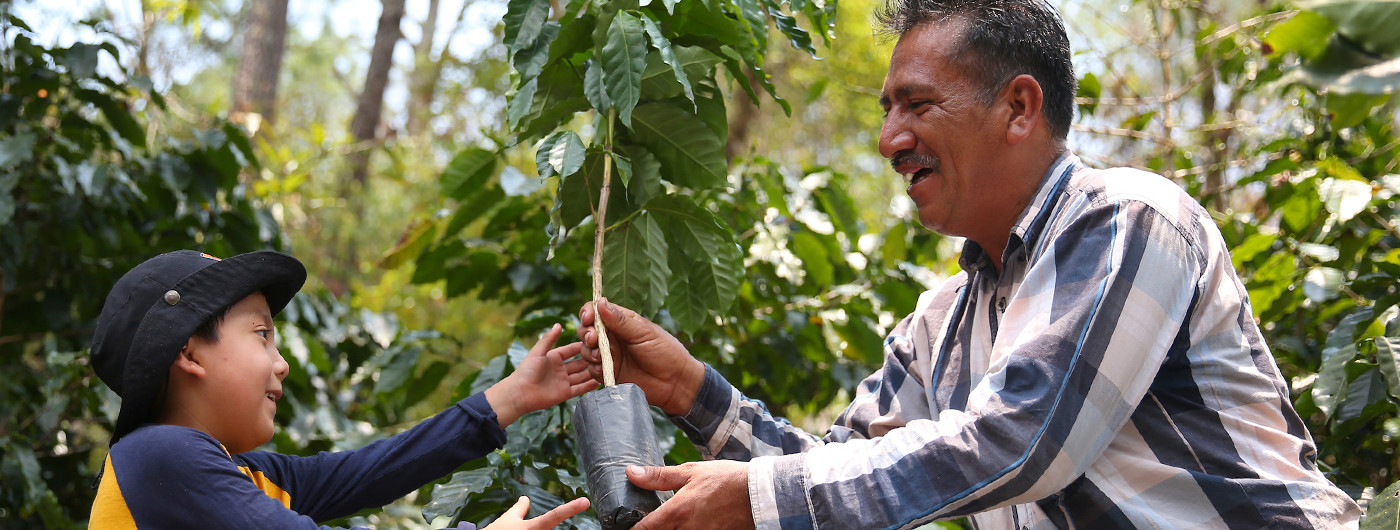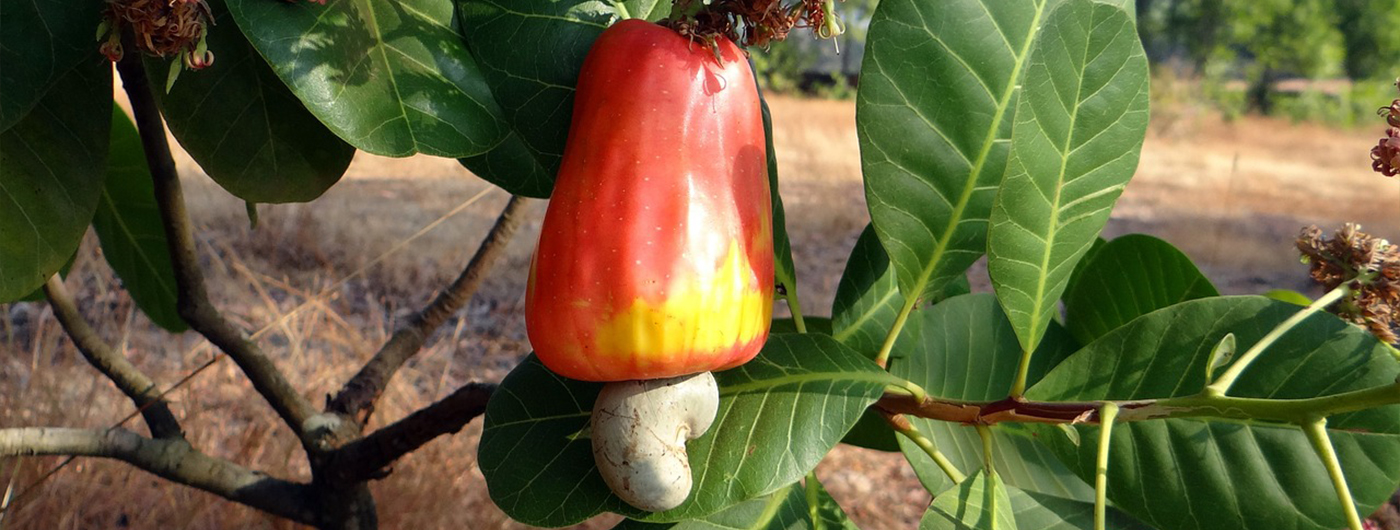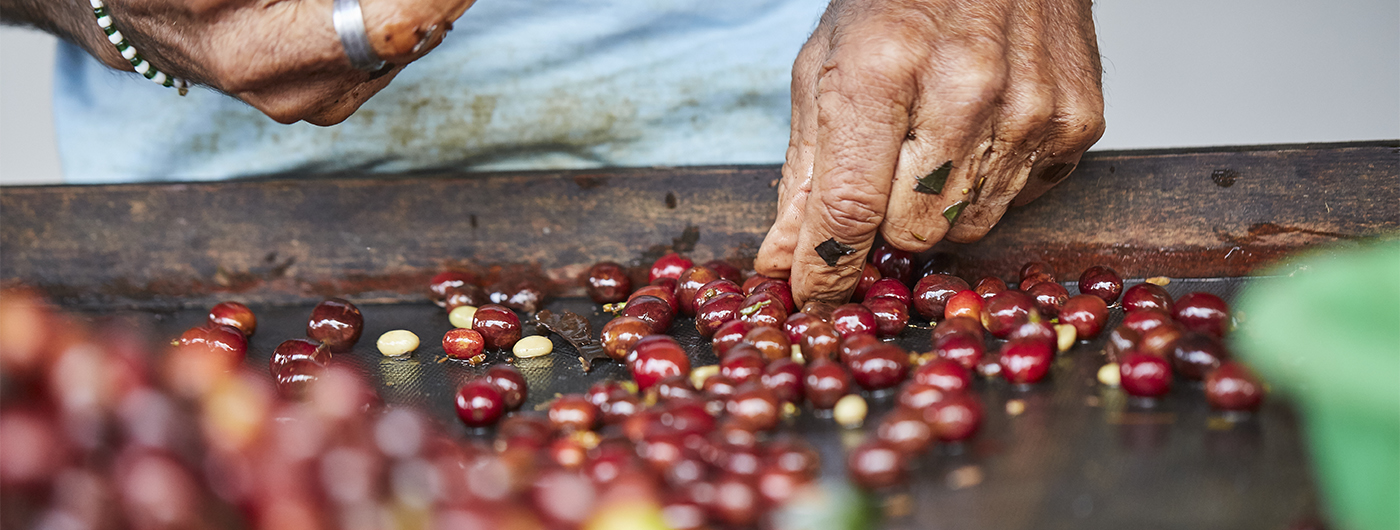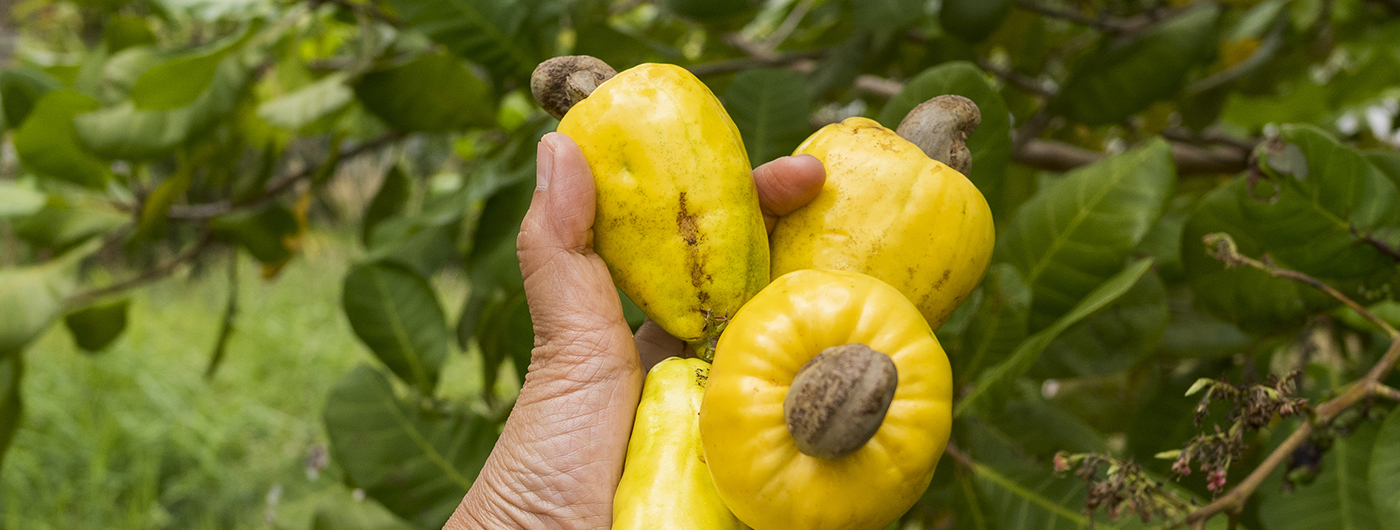

Fighting for Coffee’s Future
As you savor the rich aroma and taste of your daily coffee, it might surprise you to know that the beloved drink’s future is not as assured as its ubiquitous presence might suggest. Coffee, as we know it, is at a crossroads, with multifaceted challenges threatening its very existence. From climate change to socio-economic barriers faced by coffee farmers, the industry is on the frontlines of a battle to secure its future.
Climate change is a significant threat to the coffee industry. Rising temperatures, changing rainfall patterns, and increased instances of extreme weather events are all posing severe challenges to coffee cultivation. These changes are affecting the delicate balance of conditions that coffee plants need to flourish, particularly Arabica coffee, which contributes to about 70% of global coffee production and is considered more flavorful and aromatic.
Moreover, pests and diseases like coffee rust are thriving in the warmer conditions, further threatening the coffee crop. Researchers and farmers are racing against time to develop new plant varieties that can withstand these changes, or adapt farming practices to mitigate the impact.
However, the challenges are not just environmental. Coffee farming, in its current state, is a precarious livelihood. The supply chain is complex and layered with intermediaries, often leaving the farmers – who are mostly smallholders in developing countries – with minimal profits. Market price volatility, coupled with increasing production costs, has driven many farmers into a cycle of poverty and debt.
The need for a more sustainable, equitable coffee industry has never been more urgent. Initiatives like Fair Trade and Direct Trade are steps in the right direction, providing farmers with better prices and consumers with an opportunity to make ethical buying decisions. But more needs to be done. Consumers, businesses, and governments all have a role to play in this.
Promoting transparency in the coffee supply chain can help ensure that a fair proportion of profits goes to the farmers. Consumers can contribute by choosing brands that prioritize ethical sourcing and sustainability, even if it means paying a bit more.
Technological advancements also hold a lot of promise. From precision agriculture techniques that optimize water and fertilizer use to machine learning algorithms that can predict pest outbreaks, technology could help farmers grow coffee more efficiently and sustainably.
Moreover, empowering and educating farmers, particularly in the areas of climate-smart agriculture and business skills, can help them adapt to changing conditions and navigate market dynamics. This can be facilitated by governments, NGOs, and even coffee companies as part of their corporate social responsibility.
Ultimately, securing coffee’s future is a shared responsibility. It requires a concerted, global effort from all stakeholders – farmers, consumers, businesses, and policymakers alike. The road ahead is not easy, but with the right blend of awareness, innovation, and commitment, we can ensure that our beloved coffee continues to be part of our daily ritual for generations to come. The fight for coffee’s future is, in essence, a fight for our own – a more sustainable, equitable world.
KAI Farm Team ®


